Features > Property News & Insights > Investment News
Is it a good idea to be able to access your super to buy a house?
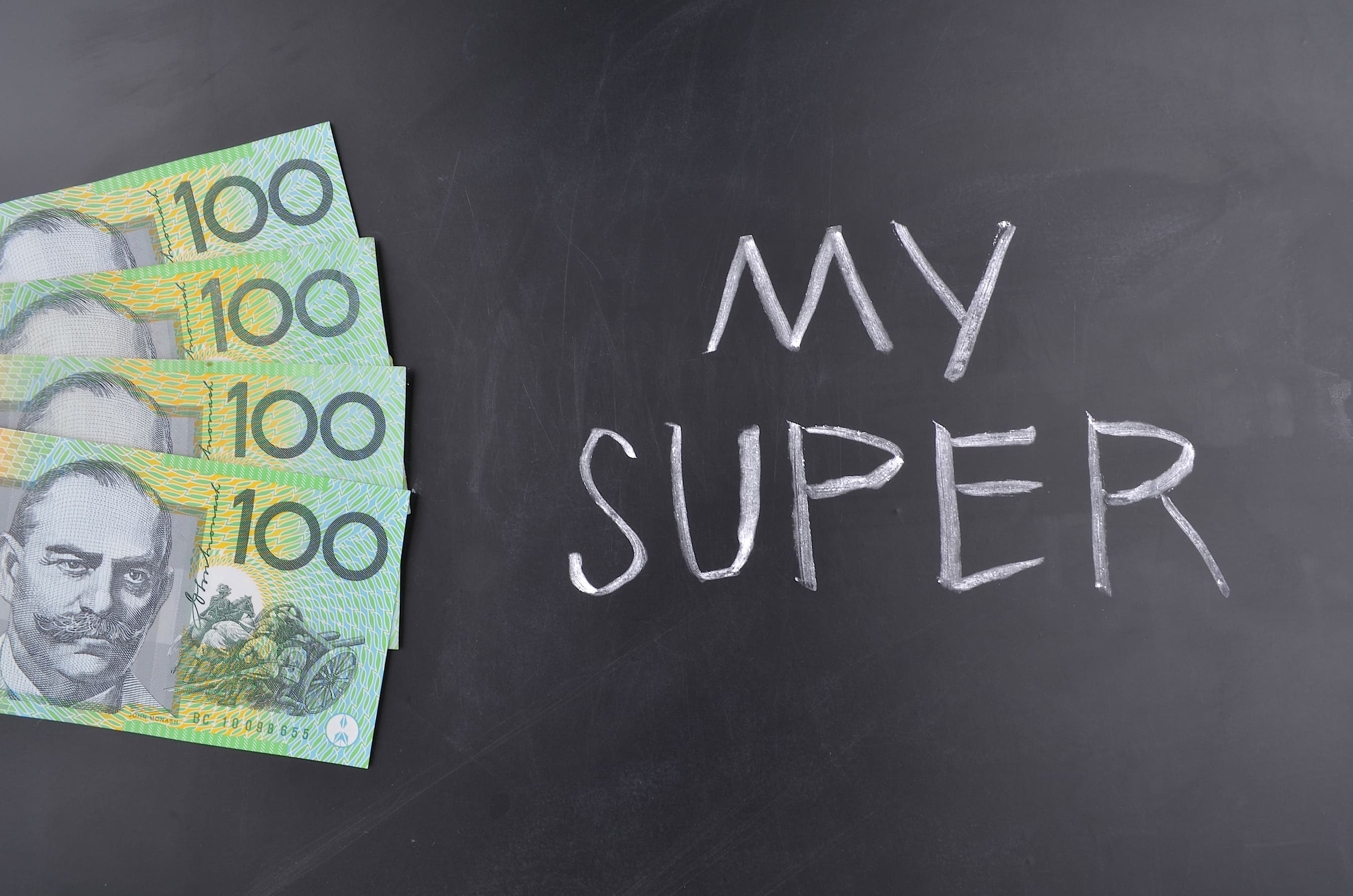
KEY POINTS
- The Coalition is likely to take a re-booted version of its policy to let first-home buyers access their super for housing to the next Federal election
- Liberal Senator Andrew Bragg - a long-time critic of the superannuation industry - has recently been appointed the Coalition’s shadow assistant minister for housing
- Labour and the superannuation industry say allowing people to unlock their super to use on housing is a flawed idea, which will cost taxpayers much more in the long term
The next federal election - due at the latest by the end of September 2025 - will see plenty of policy differences between Anthony Albanese’s Labor government and the Coalition.
One of the more interesting debates will be around housing.
It’s now clear the Coalition will adopt an expanded version of the policy it took to the last election, which would have allowed first-home buyers to unlock up to $50,000 of their superannuation to help with the purchase of a home.
The funds would be returned to their retirement savings on the sale of that home.
The recent appointment of Senator Andrew Bragg as the Coalition’s shadow assistant minister for housing has all but confirmed that policy will stay.
The Bragg view of the world

Senator Andrew Bragg has long been a critic of the current superannuation system.
In 2020 he penned the book “Bad Egg” which contained passages like this:
“The super industry works terribly hard for vested interests – principally financial institutions and unions.
“For a system of such fundamental importance to Australia's economy and society, it often acts contrary to the interest of one noticeable group – Australians.”
Ouch!
Senator Bragg says people should be able to access their super to help with housing purchases and believes they should also be able to park some of their super funds in mortgage offset accounts to save on interest.
He says the super industry is “like Dracula with the blood bank - they want to keep all your money under lock and key for 40 years.”
The New South Wales based Liberal Senator argues that “the single biggest determinant of your success in retirement is not your super balance, it's your homeownership status.
“One of the interesting stats now is that a lot of people are retiring or getting to (superannuation) preservation age at age 60 and using their super to pay off their mortgage.
“Therefore, we've forced people to pay all this interest to banks for years and years when people could have owned their own house faster,” he recently told the ABC’s Q&A program.
The case for using your super
Not surprisingly, Senator Bragg has received plenty of support from free-marketeers and people on the right of the political spectrum.
But he’s also received backing from a left-leaning economist who specialises in property and urban development.
Dr. Cameron Murray is the author of “The Great Housing Hijack,” which claims Australia’s property market is a hotbed of vested interests, who have no real incentive to solve the current housing crisis.
Initially, he was against using super for housing, but now says his views have changed for two reasons:
“Super is already used to buy homes in SMSFs (Self-Managed Superannuation Funds), BTR (Build-to-Rent companies that some superannuation funds invest in) and paying off a mortgage at age 60 or upgrading (to more expensive housing) at age 60,” he says.
Secondly, he addresses the argument that if everyone was allowed to pull money out of their super to use as a housing deposit, prices would simply rise to meet the increased demand.
“The price effects won't be large because it isn't a subsidy,” Dr Murray says.
“If you don't buy a home with super today, you still have your super, and its earnings, to buy tomorrow.
“With direct grants (like first home-buyer government grants), if you don't buy today while the grant exists, you get nothing tomorrow.”
Dr Murray points to record first home buying during Covid when people were temporarily allowed to access money from their super under the Early Release of Super Scheme.
In the 2020/21 financial year Cameron Murray says there were about 166,000 first home-buyers, compared to about 90,000 per year in the five years prior.
“I think that's worked for a lot of people,” he says, “it's brought forward a lot of buying, and it's given people security.”
The case against using your super
Labour says allowing people to raid their superannuation for housing is folly.
The Assistant Employment Minister Andrew Leigh - who’s a former Professor of Economics at the Australian National University is scathing.
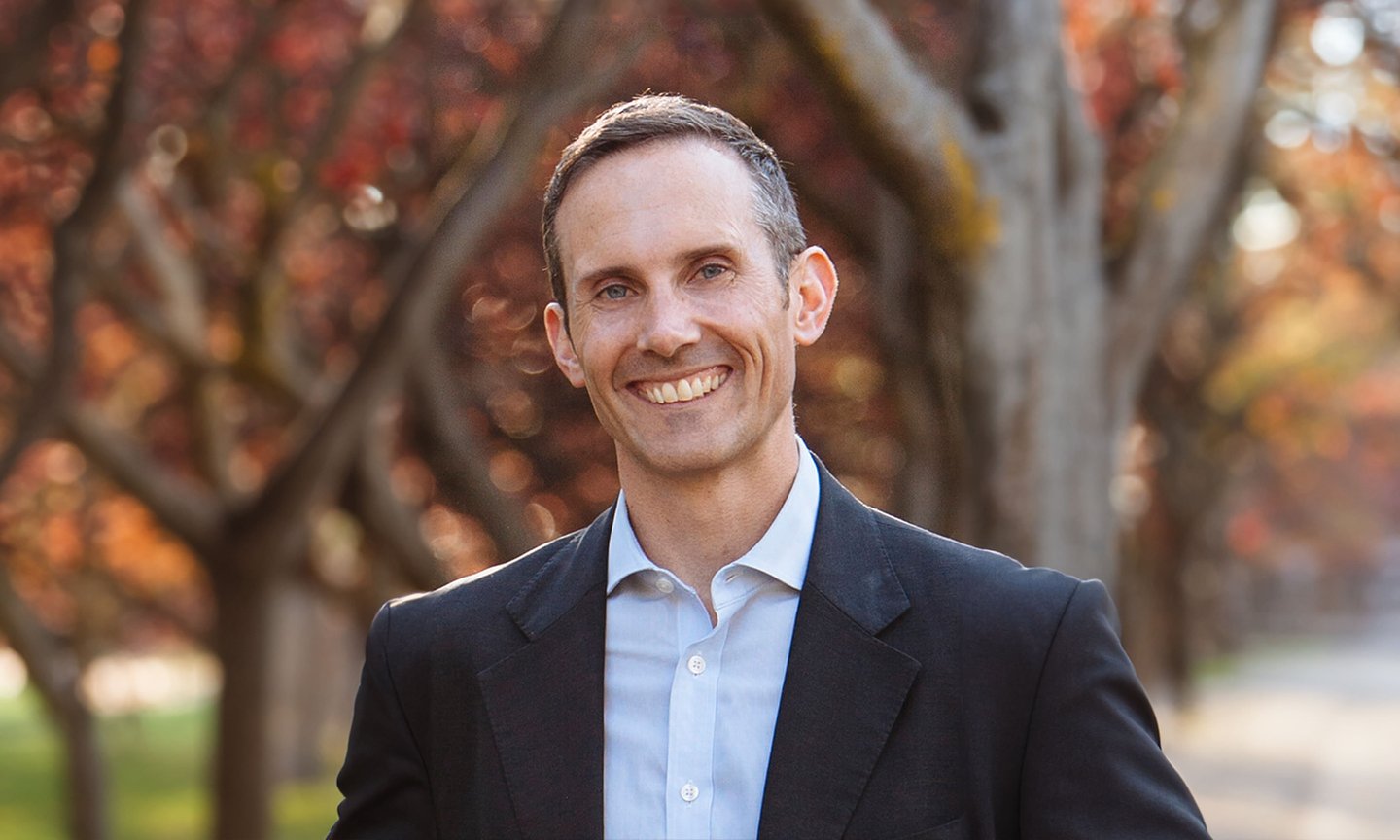
“I look at this policy, and I see what happened during the global financial crisis when the Liberals allowed people to rip billions of dollars out of their superannuation, he says.
“For every dollar they ripped out, they missed out on the compounding returns, making them a couple of dollars, three, four, five dollars poorer in retirement.”
Dr. Leigh is backed by a peak superannuation industry body, the Super Members Council.
It’s published research claiming property prices could be pushed up by an average of nearly $75,000 across Australia’s capital cities, if first home owners are allowed to pull $50,000 out of their retirement savings to use for housing.
“Using retirement savings for house deposits would just unleash a huge price hike,” says SMC chief executive Misha Schubert.
“That would mean higher and longer mortgages for Australians – and would quickly make capital cities even less affordable for new home buyers struggling to get into the market,” she says.
SMC research has also claimed the COVID-19-era decision to let people withdraw some of their super could end up costing taxpayers an extra $85 billion, mostly due to the higher public pension costs for those who withdrew their savings.
Independent economist Saul Eslake says allowing people to dip into their retirement savings “would be one of the worst public policy decisions of the 21st century.”
“Giving money to people to spend on housing that they otherwise wouldn’t have, results in a supply-constrained market … and people paying more for housing.”
Expect to hear a lot more of these arguments about the pros and cons of raiding your superannuation for housing in the lead-up to the next election.
Stay Up to Date
with the Latest Australian Property News, Insights & Education.




.png?width=292&height=292&name=Copy%20Link%20(1).png)
 SIGN UP FOR FREE NEWSLETTER
SIGN UP FOR FREE NEWSLETTER
%20(1).png)
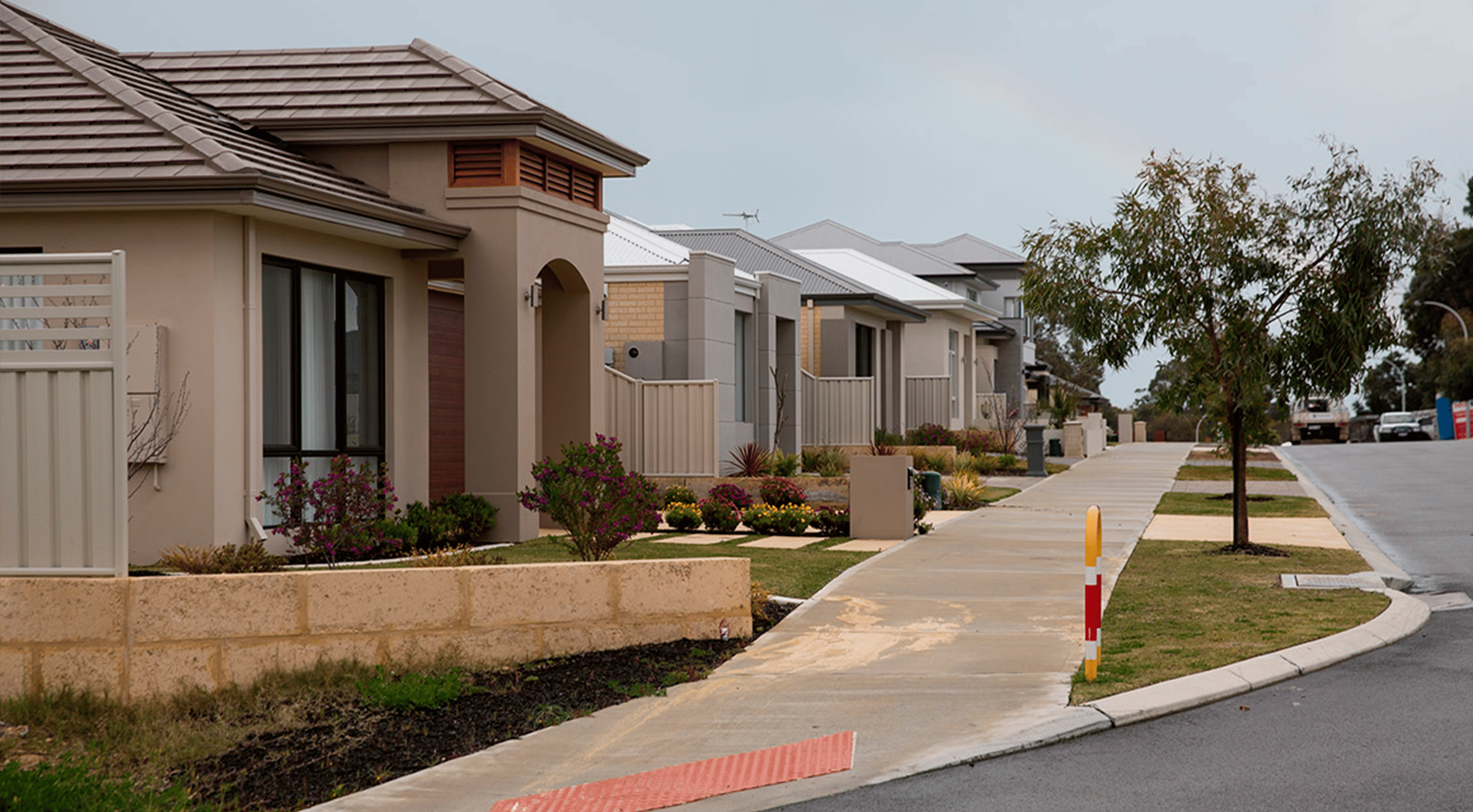
.png)
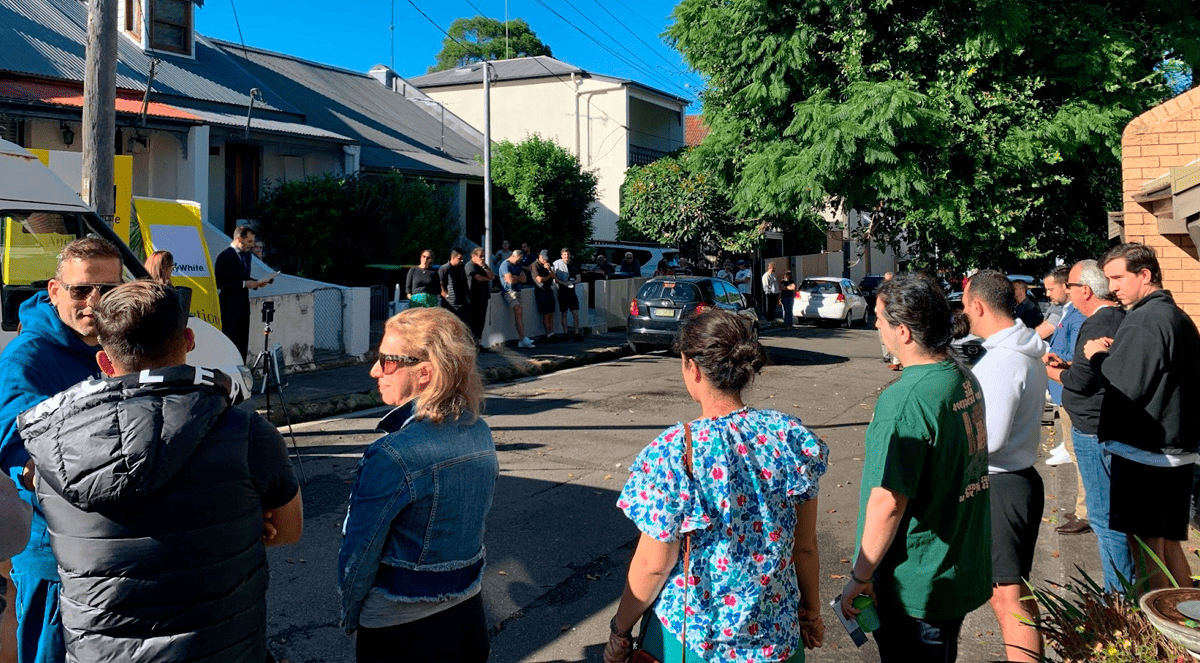
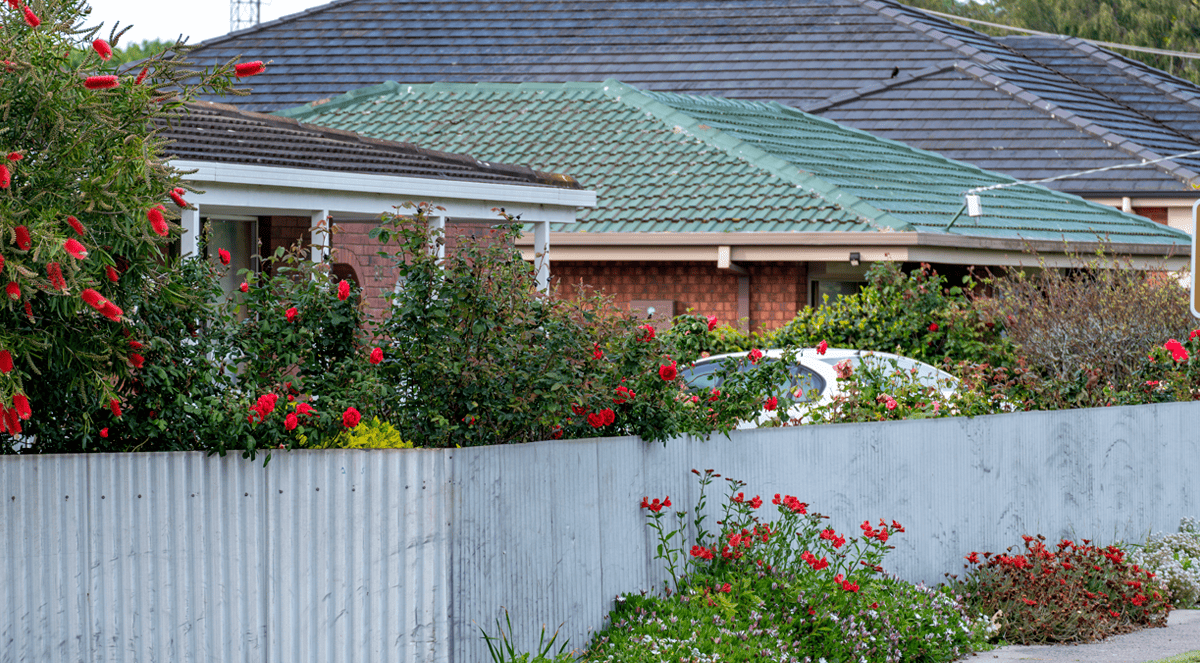
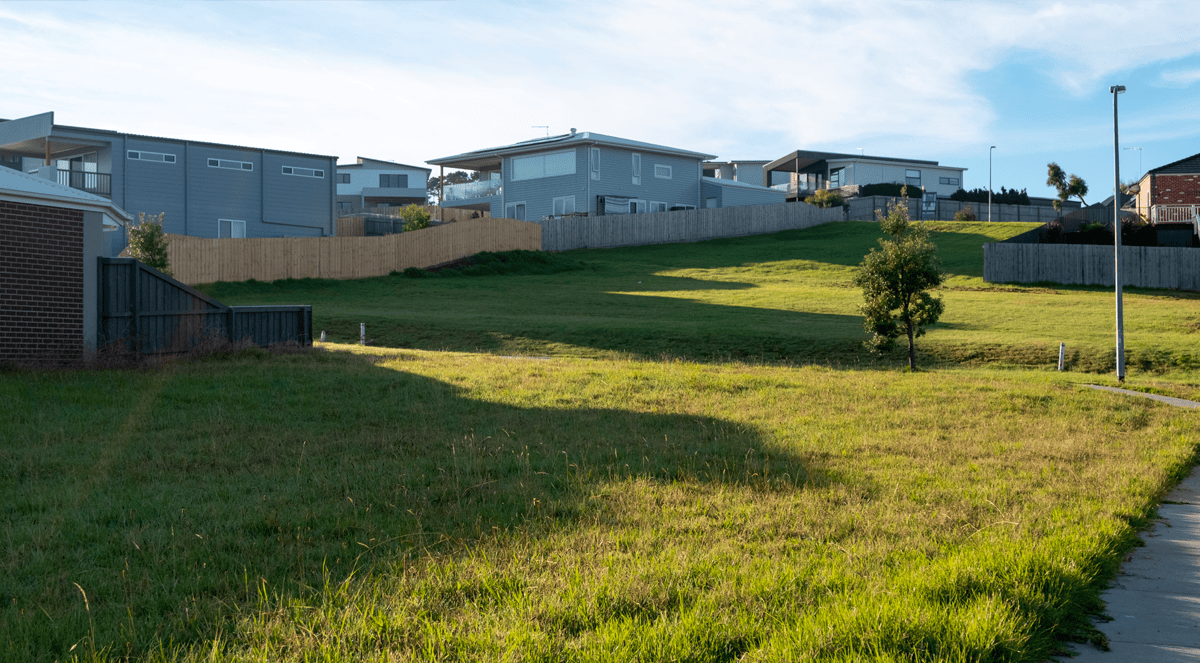
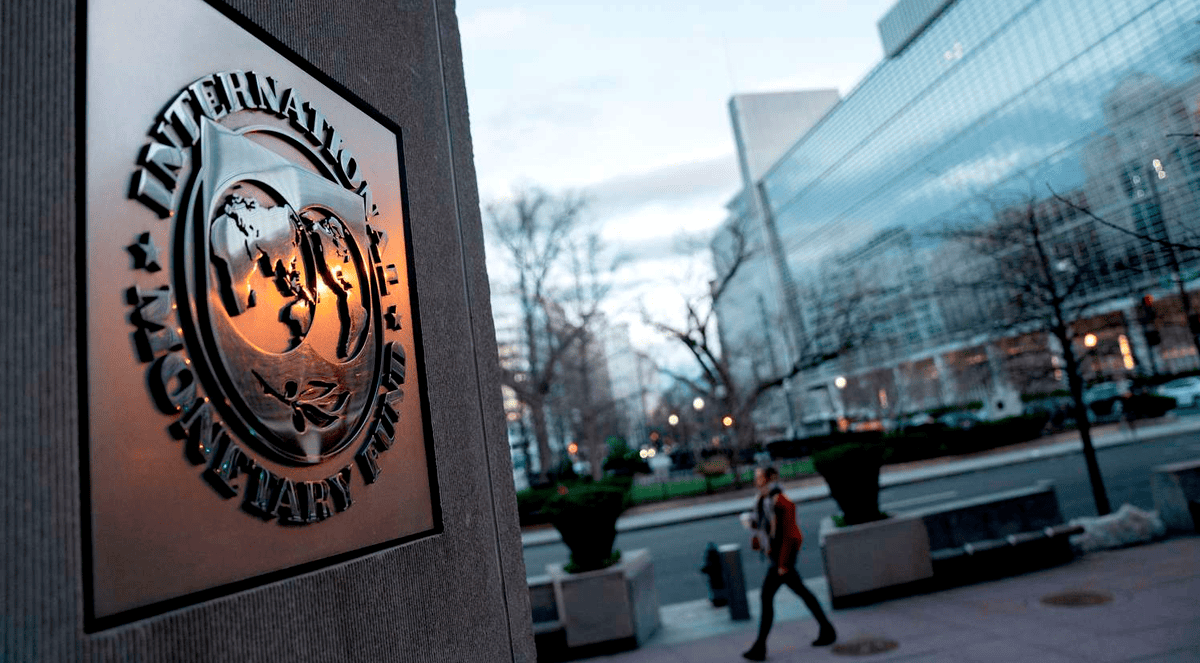
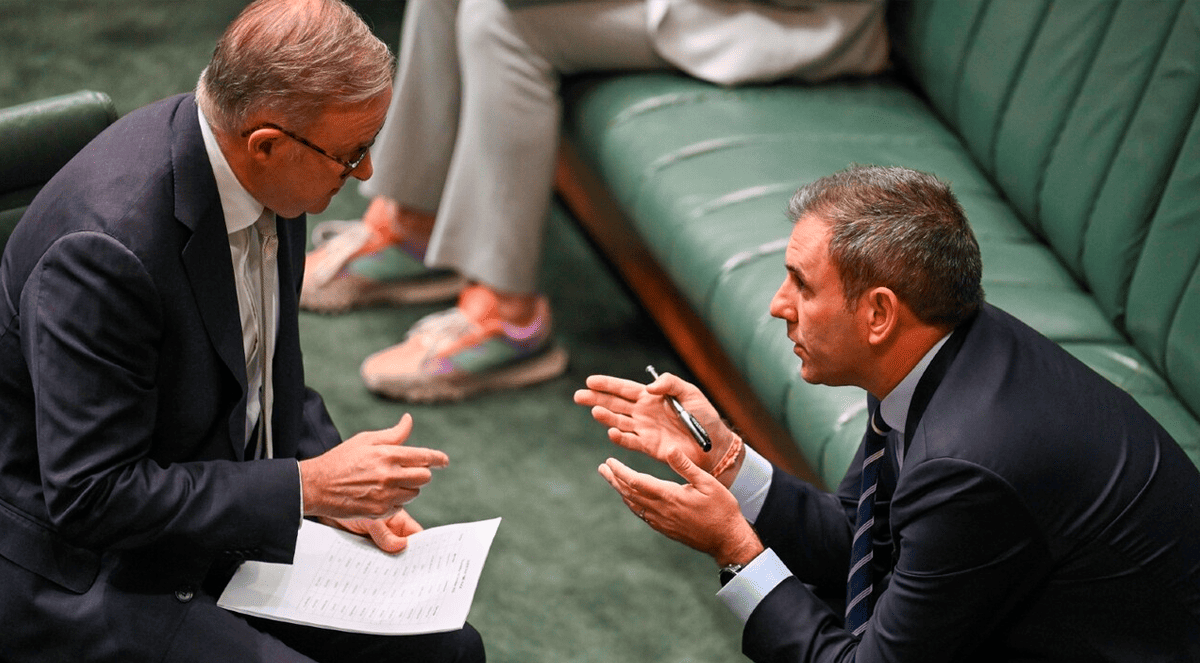
%20Scott%20Kuru%20DPU%20148.jpg?width=1920&height=1080&name=Australia%20Is%20on%20the%20Brink%20of%20History%E2%80%99s%20Worst%20Mortgage%20Default%20Crisis%20(Housing%20Crash%20Inevitable)%20Scott%20Kuru%20DPU%20148.jpg)

%20Scott%20Kuru%20DPU%20147.jpg?width=1920&height=1080&name=RBA%20Warns%20Inflation%20Has%20Pushed%20Australia%20Into%20Household%20Recession%20(Millions%20Face%20Pay%20Cuts%20in%202026)%20Scott%20Kuru%20DPU%20147.jpg)
%20Scott%20Kuru%20DPU%20145.jpg?width=1920&height=1080&name=Senate%20Inquiry%20Forced%20the%20RBA%20to%20Admit%20the%20Housing%20Crisis%20Will%20Never%20Be%20Fixed%20(It%20Was%20All%20a%20Lie)%20Scott%20Kuru%20DPU%20145.jpg)



%20Scott%20Kuru%20DPU%20141.jpg?width=1920&height=1080&name=The%20Senate%20Just%20Exposed%20Australias%20Biggest%20$80%20Billion%20Housing%20Fraud%20(Inquiry%20Launched)%20Scott%20Kuru%20DPU%20141.jpg)




%20Scott%20Kuru%20DPU136.jpg?width=1920&height=1080&name=Aussies%20Just%20Got%20Hit%20With%20Double%20Taxes%20on%20Everything%20(This%20Has%20Gone%20Too%20Far)%20Scott%20Kuru%20DPU136.jpg)


%20Scott%20Kuru%20DPU%20133.jpg?width=1920&height=1080&name=JUST%20IN%20Something%20Major%20Just%20Flipped%20Australia%E2%80%99s%20Property%20Market%20for%202026%20(No%20One%20Saw%20This%20Coming)%20Scott%20Kuru%20DPU%20133.jpg)


.jpg?width=1920&height=1080&name=Rental%20Prices%20At%20Record%20Highs%20And%20Vacancy%20Rates%20At%20All%20Time%20Lows%20(New%20Data%20Reveals).jpg)
%20%20DPU%20EP%2014.jpg?width=1920&height=1080&name=Investors%20Shutting%20Out%20First%20Home%20Buyers%20(Investors%20At%20Record%20Highs)%20%20DPU%20EP%2014.jpg)

.jpg?width=1920&height=1080&name=Darwins%20Property%20Market%20Boom%20or%20Dangerous%20Gamble%20(REVEALED).jpg)

.jpg?width=1920&height=1080&name=The%20RBA%E2%80%99s%20Rate%20Cut%20Could%20Explode%20House%20Prices%20(Here%E2%80%99s%20Why).jpg)








.jpg?width=1920&height=1080&name=Warning%2c%20You%20Might%20Be%20Facing%20Higher%20Taxes%20Soon%20(1).jpg)




.png?width=1920&height=1080&name=Rate%20Drops%20Signal%20BIGGEST%20Property%20Boom%20in%20DECADES%20(1).png)

.jpg?width=1920&height=1080&name=Labor%20vs%20Liberal%20These%20Housing%20Policies%20Could%20Change%20the%20Property%20Market%20Forever%20(1).jpg)
.jpg?width=1920&height=1080&name=QLD%20Slashes%20Stamp%20Duty%20Big%20News%20for%20Investors%20%26%20Home%20Buyers%20(1).jpg)
.jpg?width=1920&height=1080&name=Trump%20Just%20Slapped%20Tariffs%20%E2%80%93%20Here%E2%80%99s%20What%20It%20Means%20for%20Australia%20(1).jpg)
.jpg?width=1920&height=1080&name=Federal%20Budget%202025%20More%20Debt%2c%20No%20Housing%20%E2%80%93%20Here%E2%80%99s%20What%20You%20Need%20to%20Know%20(1).jpg)
.jpg?width=1920&height=1080&name=Australias%20Housing%20Crisis%20is%20about%20to%20get%20MUCH%20Worse%20(New%20Data%20Warns).jpg)
%20(1).jpg?width=1920&height=1080&name=Australias%20RENTAL%20CRISIS%20Hits%20ROCK%20BOTTOM!%20(2025%20Update)%20(1).jpg)
%20(1).png?width=1920&height=1080&name=Is%20Adelaide%20Still%20a%20Good%20Property%20Investment%20(2025%20UPDATE)%20(1).png)
.jpg?width=1920&height=1080&name=RBA%20Shocks%20with%20Rate%20Cuts!%20What%E2%80%99s%20Next%20for%20Property%20Investors%20(1).jpg)
%20(1).jpg?width=1920&height=1080&name=I%20Predict%20The%20Feb%20Rate%20Cut%20(My%20Price%20Growth%20Prediction)%20(1).jpg)
.png?width=1920&height=1080&name=Why%20Property%20Prices%20Will%20Rise%20in%202025%20Market%20Predictions%20(1).png)
.jpg?width=1920&height=1080&name=Why%20Investors%20Are%20Choosing%20Apartments%20Over%20Houses%202%20(1).jpg)
.jpg?width=1920&height=1080&name=Why%20Rate%20Cuts%20Will%20Trigger%20A%20Property%20Boom%20(1).jpg)
.jpg?width=1920&height=1080&name=Retire%20On%202Million%20With%20One%20Property%20(Using%20SMSF).jpg)
.jpg?width=1920&height=1080&name=4%20Reasons%20Why%20You%20Should%20Invest%20in%20Melbourne%20Now%20(1).jpg)
%20(1).jpg?width=1920&height=1080&name=Old%20Property%20vs%20New%20Property%20(Facts%20and%20Figures%20Revealed)%20(1).jpg)
%20(1).jpg?width=1920&height=1080&name=Will%20The%20New%20QLD%20Govt%20Create%20a%20Property%20Boom%20or%20Bust%20(My%20Prediction)%20(1).jpg)
%20Scott%20Kuru%20(1).jpg?width=1920&height=1080&name=Inflation%20Hits%20Three-Year%20Low%20(Will%20RBA%20Cut%20Rates%20Soon)%20Scott%20Kuru%20(1).jpg)
.jpg?width=1920&height=1080&name=How%20to%20Buy%20Investment%20Property%20Through%20SMSF_%20The%20Ultimate%20Guide%20(1).jpg)
.jpg?width=1920&height=1080&name=Victoria%20Slashes%20Stamp%20Duty%20Melbourne%20Set%20to%20Boom%20Scott%20Kuru%20(1).jpg)
.png?width=1571&height=861&name=Are%20Foreign%20Buyers%20Really%20Driving%20Up%20Australian%20Property%20Prices%20(1).png)
.jpg?width=1920&height=1080&name=The%20Single%20Factor%20That%20Predicts%20Property%20Growth%20Regions%20(1).jpg)
%20Scott%20Kuru%20(1).jpg?width=1920&height=1080&name=My%20Prediction%20On%20Rates%20%26%20Negative%20Gearing%20(Market%20Crash)%20Scott%20Kuru%20(1).jpg)

-1.png?width=1920&height=1080&name=Major%20Banks%20Cut%20Rates%20Will%20RBA%20Follow%20Suit%20(Sept%20Rate%20Update)-1.png)
%20Scott%20Kuru-1.png?width=1920&height=1080&name=Rate%20Cut%20Coming%20What%20New%20Zealands%20Move%20Means%20for%20Australia%20(Sept%20Prediction)%20Scott%20Kuru-1.png)
%20(1).jpg?width=1920&height=1080&name=Buy%20when%20the%20interest%20rates%20are%20high!%20(Why%20you%20must%20buy%20now!)%20(1).jpg)
.jpg?width=1920&height=1080&name=Carms_Revised%20Taxes%20Due%20Aug%209%20YT%20Thumbnail02%20(1).jpg)
.jpg?width=1920&height=1080&name=Carms_Too%20Little%20Too%20Late%20Aug%207%20YT%20Thumbnail01%20(1).jpg)









.jpg?width=1920&height=1080&name=Carms_Rate%20Drop%20In%20July%20Jun%2010%20YT%20Thumbnail02%20(1).jpg)
.jpg?width=1920&height=1080&name=Carms_Own%20a%20Property%20V6%20Jun%205_YT%20Thumbnail%20(1).jpg)









.png?width=1920&height=1080&name=Artboard%201%20(3).png)






.jpg?width=1920&height=1080&name=YT%20thumbnail%20%20(1).jpg)


